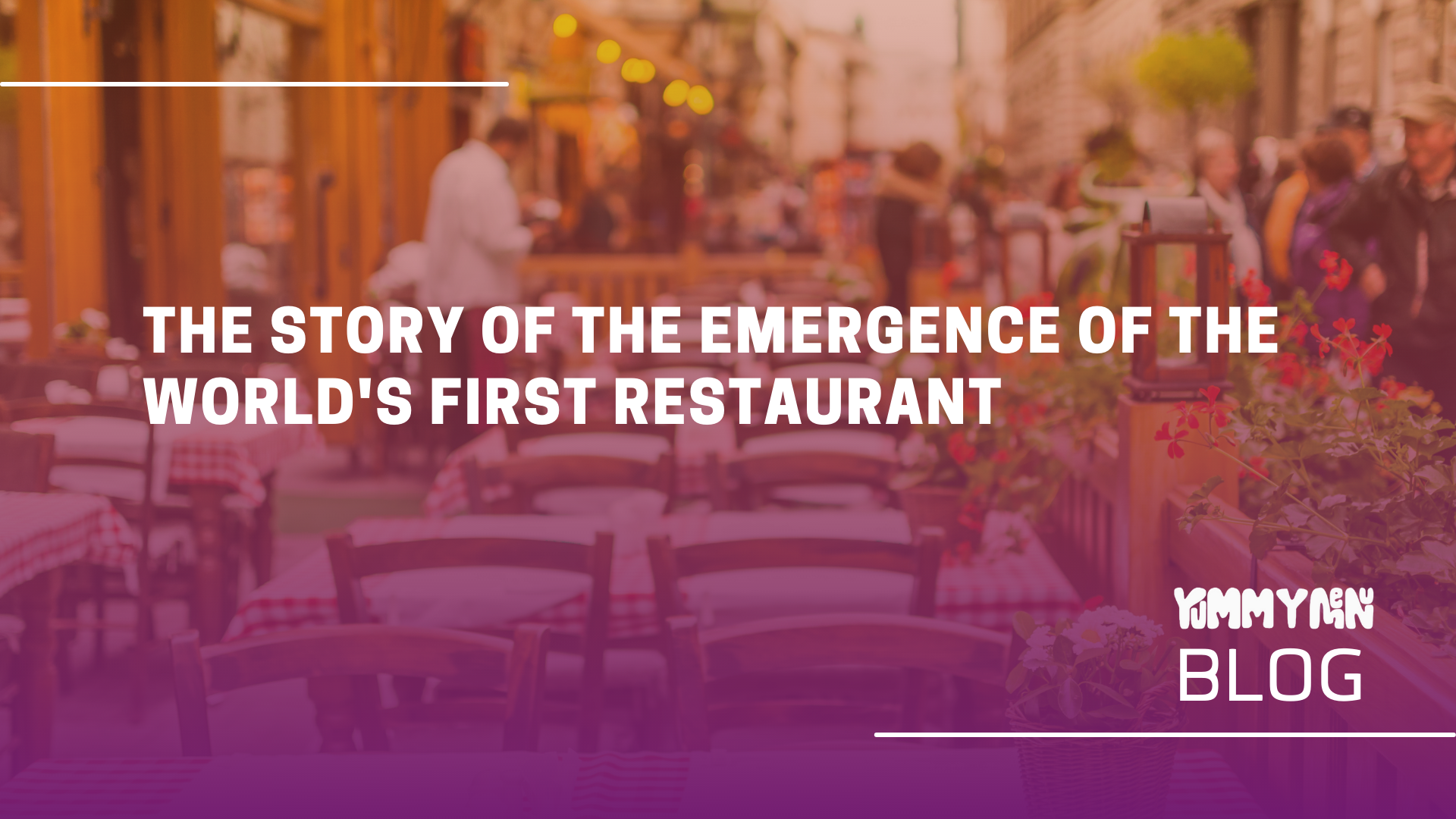
The Story of the Emergence of the World's First Restaurant
The story of the emergence of the world's first restaurant as we know it is a fascinating tale that intertwines history, culture, and culinary innovation. To truly understand the origins of the modern restaurant, we need to journey back in time to the bustling streets of 18th-century Paris.
In the late 1700s, Paris was a city teeming with life, filled with artists, writers, intellectuals, and a growing middle class. At the time, traditional inns and taverns existed, serving food to weary travelers and locals alike. However, these establishments primarily catered to specific clienteles, and the concept of a public dining establishment open to all was yet to be realized.
One prominent figure emerged during this era, playing a crucial role in shaping the future of dining. His name was Monsieur Boulanger, a French entrepreneur and restaurateur. In 1765, Boulanger opened a humble establishment called "La Grande Taverne de Londres" in Paris. It was a modest eatery, but what set it apart was its unique approach to dining.
Boulanger's establishment introduced a novel concept: offering a variety of dishes prepared in a centralized kitchen and available to anyone who walked through the doors. The idea of a fixed menu, with customers selecting their preferred dishes, was revolutionary. It provided a departure from the traditional taverns where patrons would bring their own food and only pay for the beverages.
La Grande Taverne de Londres quickly gained popularity among Parisians who appreciated the convenience, variety, and affordability of Boulanger's establishment. It became a meeting place for intellectuals, artists, and the burgeoning middle class, creating a vibrant atmosphere where people could socialize and enjoy a meal together.
Boulanger's success sparked a wave of imitation, and soon similar establishments began to pop up across Paris. These early restaurants were often referred to as "bouillons" or "restaurateurs." The term "restaurant" itself comes from the French word "restaurer," meaning "to restore" or "to refresh." It reflected the notion that these establishments provided nourishment and replenishment to their patrons.
As the restaurant concept gained momentum, the demand for skilled chefs and culinary innovation increased. Chefs like Marie-Antoine Carême, who served as the personal chef to Napoleon Bonaparte, and Auguste Escoffier, who later became known as the "king of chefs and chef of kings," emerged during this period. They contributed to the refinement of French cuisine and elevated the status of restaurants as culinary institutions.
The restaurant culture quickly spread beyond the borders of France, reaching other European countries and eventually making its way to the United States. As the industrial revolution transformed societies and urban centers expanded, restaurants became integral to the fabric of modern life, providing a place for people to dine out, celebrate special occasions, and experience diverse culinary delights.
Over the centuries, restaurants have evolved in numerous ways. From the grand palaces of fine dining to casual cafes, fast-food chains, and food trucks, the restaurant industry continues to adapt and innovate to cater to the changing tastes and preferences of people worldwide.
The emergence of the world's first restaurant as we know it, birthed by the visionary Monsieur Boulanger in 18th-century Paris, marked a turning point in the history of dining. It revolutionized the way people experienced food, socialized, and created a lasting legacy that continues to shape the global culinary landscape to this day.
